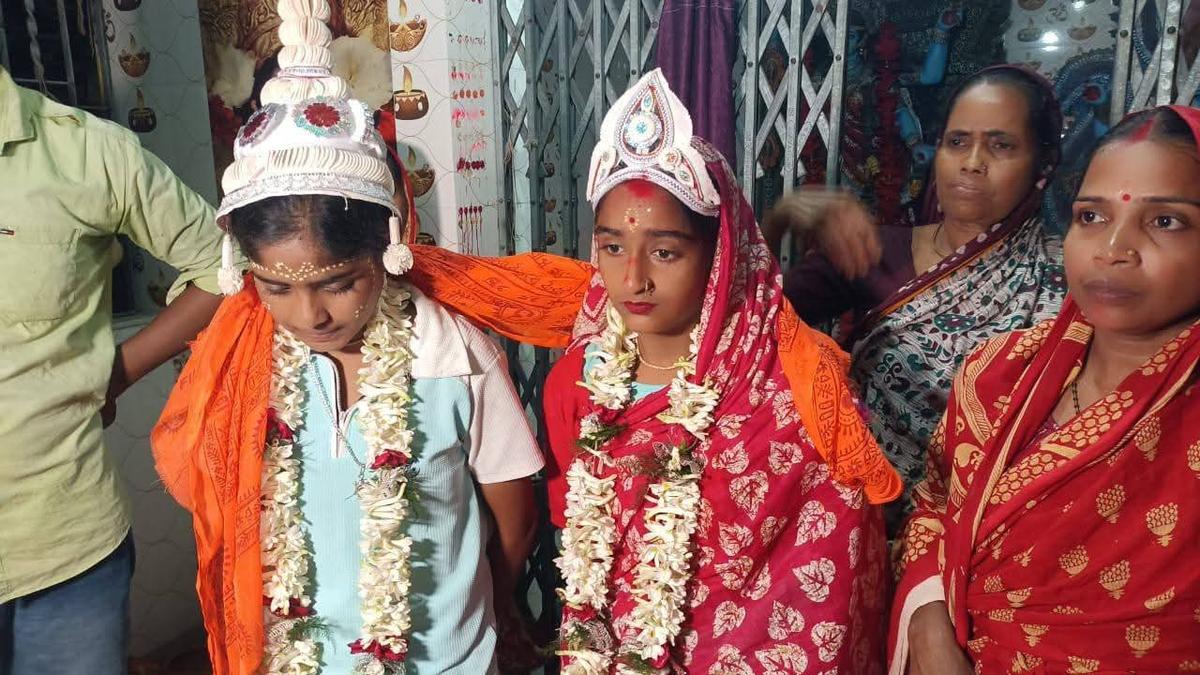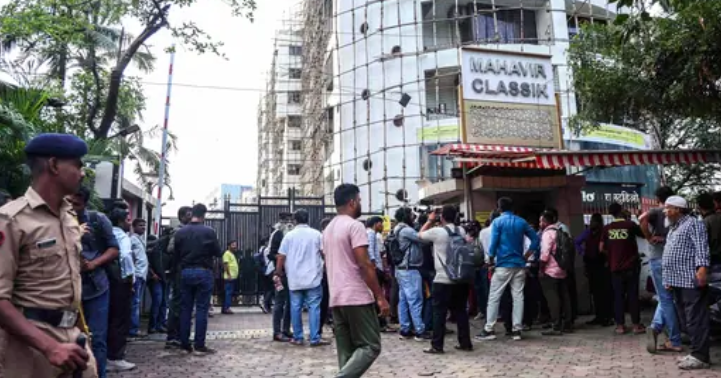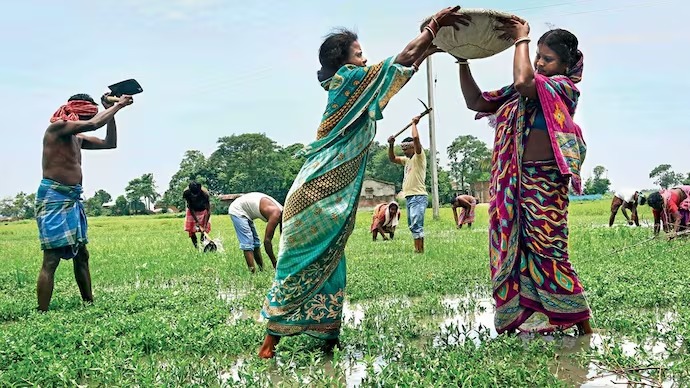In a quiet village temple in the Sundarbans region of West Bengal, two young women - identified as Riya Sardar (19) from Mandirbazar and Rakhi Naskar (20) from Bakultala – held a marriage ceremony supported by their local community, in what residents describe as a “union built on companionship and mutual respect”.
According to local reports, the women met approximately two years ago while working as dancers, and over time their friendship matured into a committed partnership. With the support of neighbours and Rakhi’s family, the ceremony took place in the village of Kultali, where locals helped arrange decorations, provided garlands and welcomed the couple’s union.
Riya’s own family reportedly opposed the relationship, causing her to live temporarily with Rakhi’s family. Despite this, the local community stepped in to facilitate the temple-based ceremony. One resident said: “We have not seen this kind of wedding before, but they love each other, so we arranged it here.”
Legally, same-sex marriages are not explicitly recognised in India, and the couple did not cite any formal registration under the Special Marriage Act or any court order. Still, the ceremony’s community acceptance reflects shifting perspectives in certain rural pockets. The couple stated they intend to build a life together and hope their example encourages wider social acceptance of diverse relationships.
The event in the Sundarbans holds significance beyond the personal story – it sheds light on the evolving fabric of rural Bengal, where tradition, local culture and changing norms about love and companionship are increasingly intersecting. While social challenges persist, the residents’ acceptance in this case marks a moment of change in one of India’s remote regions.



